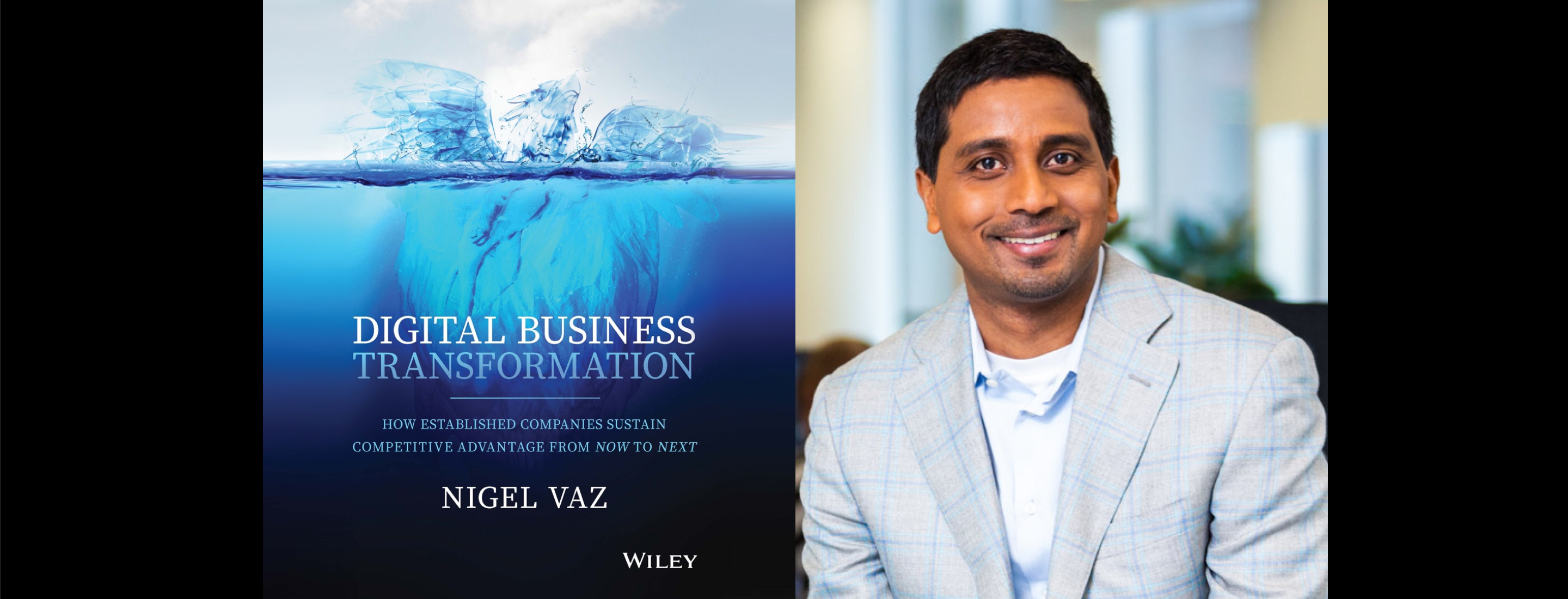According to Vaz, Publicis Sapient’s model for digital business transformation is rooted in the belief that you cannot do this for clients – you need to do it with them. Digital transformation partners need to act as player-coaches, partnering with clients on how to build and leverage capabilities.
It can be difficult for business leaders and technologists to know where they should focus their time and energy. With so many emerging technologies, corporate strategies, paradigm shifts and overhyped fads, this rapidly challenging world can be overwhelming and distract businesses from what truly matters.
To cut through the noise and clarify where businesses need to focus, Vaz argues that companies aren’t transforming to navigate technology, they’re transforming to navigate change itself and to operate as truly digital businesses. “The ways of working in an organization need to change in order to create this inherent agility. And you know, oftentimes people confuse agility with the idea of agility in the context of technology. But this is actually agility in the context of business,” Vaz said.
The foundation of a digital business is rooted in five SPEED capabilities: strategy, product, experience, engineering and data. “SPEED stands for all of these things coming together. Our belief is if our customers can use these capabilities to help themselves improve upon how they engage with the word digitally, it creates real competitive advantage.”
These capabilities cannot be built and operated in isolation. Together, they can unlock virtually limitless digital potential. Siloed, they will help somewhat in specific instances but fail to reach the level of digital transformation.
“If you have an unbelievable focus on experience but no discipline about the engineering of that, your experiences are never going to be world-leading,” Vaz explained. “If you have a clear focus on engineering and experience, but you don't have this idea of a continuous beta or continuous improvement instilled in this mindset around product, again you have challenges.”
Every element of SPEED needs to reinforce the ultimate goal of unlocking value. Businesses need to clarify what problem needs to be solved and then bringing laser focus to it in a way that benefits the customers and themselves. That’s why Vaz doesn’t think of SPEED as a collection of individual capabilities but as a “way of being.”
“I think what digital business transformation is fundamentally about is helping companies get into a state – a state of mind and the state of being – that allows them to create and sustain this competitive advantage that needs them to move at ever increasing rates,” Vaz said.
The challenge established businesses face is what made them successful in the past may actually hold back their future success. For instance, decision-making power cannot be the exclusive purview on people at the top of centralized power structures. Similarly, businesses cannot expect to be as nimble and responsive when their various departments are essentially siloed. These may sound like easy concepts to grasp but – as Vaz pointed out – are exceptionally difficult to implement in companies that have relied on the same models for years, if not decades.
How does a business reorganize workers from different parts of the business around a particular customer’s journey? How does it ensure budgets go to points of need to create the most value rather than the most politically savvy and powerful departments? And how does it build a culture of intellectual curiosity?
Vaz encouraged fostering a culture that trades people who want to “know it all” to people who want to “learn it all.” “The role of culture in the context of transforming your business is absolutely critical,” he said.
Being successful in business has often meant understanding what’s been successful throughout its history, but this can misfire. Today, companies need to constantly learn, unlearn and relearn to transform.








